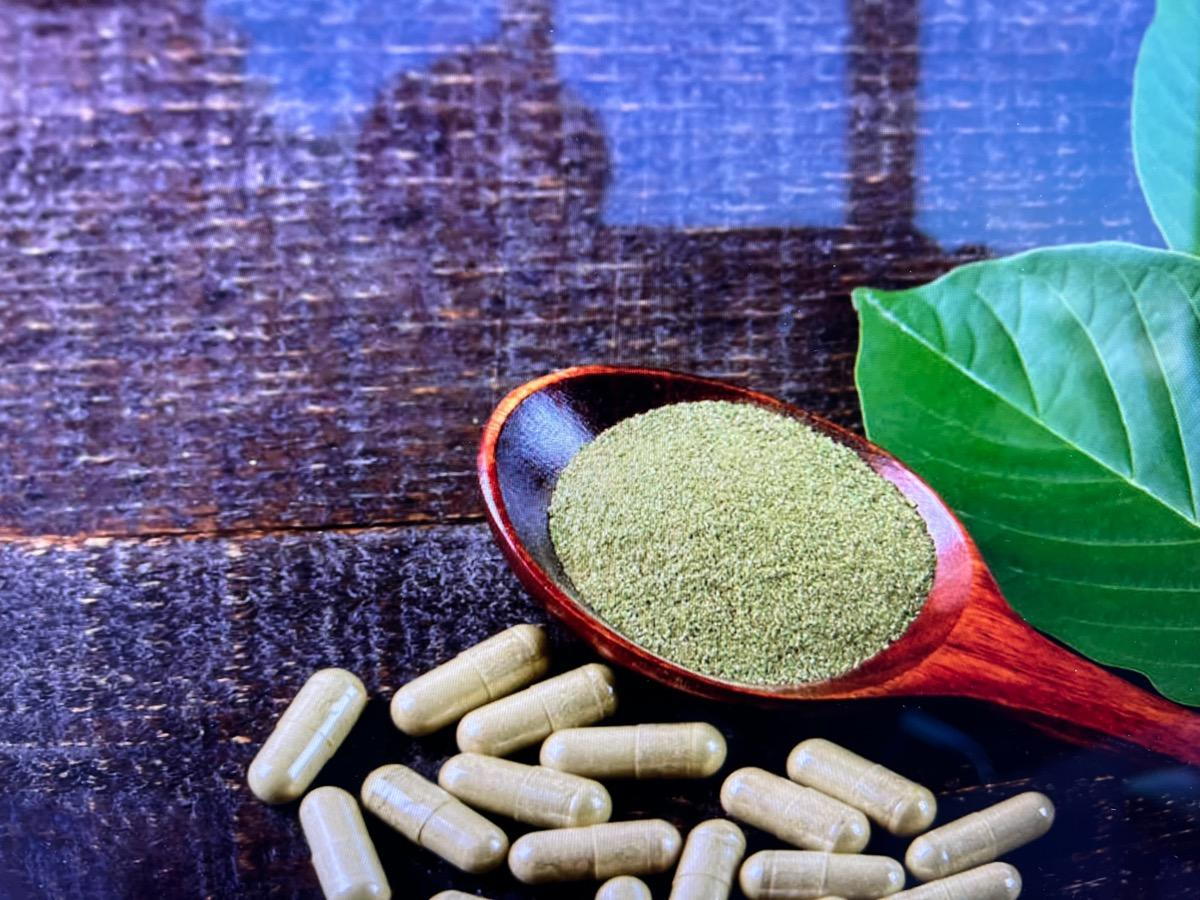Dangers of Kratom Use in Teens

- posted: Aug. 08, 2023
Kratom (Mitragyna speciosa) is a tropical evergreen tree growing in Southeast Asia.
Kratom leaves have been used by Thai and Malaysian natives and workers for centuries for their stimulant effect to increase energy, stamina, and reduce fatigue. Kratom tree leafs contain stimulant, mood-uplifting, calming and opiate-like effects. Some believe it can aide in the withdrawal from opiates.
Some Southeast Asian countries now outlaw its use. However, despite its dangers, the drug is not currently classified by the DEA as a controlled substance in the United States, and is not regulated. Since it is not “officially” illegal, the drug is easy to order on the Internet. Sometimes sold as a green powder in packets labeled “not for human consumption.”
When a teen buys what they believe is Kratom on the Internet, they play a dangerous game of Russian roulette.
Kratom abuse can result in serious medical illness including kidney failure due to dehydration, nausea, vomiting, weight loss, malnutrition, liver toxicity, and seizures. Physical withdrawal symptoms can be serious. Be mindful of frequent urination or stomach pains in your teens which may be caused by Kratom abuse.
Stimulant effects are reported at lower doses, while opiate-like effects are seen in higher doses, including feelings of sedation and calmness, and some pain control, leading to dependence on larger doses to maintain those effects.
Psychological also dependence develops, especially with teens who may be facing a difficult period in their lives, who are suffering with a co-occurring mental health condition, like ADHD, depression or social anxiety, or who are predisposed to having a substance use disorder. Social withdrawal and isolation can develop, and school performance can suffer.
Abrupt discontinuance of Kratom may lead to increased feelings of anxiety and agitation. Teens in withdrawal from use of Kratom may feel jittery and uncomfortable in their own skin, leading to their being compelled to repurchase more of the drug.
Some States, like Floridas, have begun to outlaw its sale and distribution. It is hoped that the same will happen nationwide with DEA action.
In the meantime, if you believe your teen is struggling with Kratom, or any other substance abuse, get them the professional help they need.
Let me know your thoughts or questions on this difficult and emerging problem.
Robert A. Lowenstein MD
email [email protected]
Our Locations
900 Rebecca Ave.
Pittsburgh, PA 15221
(412) 241-5439

